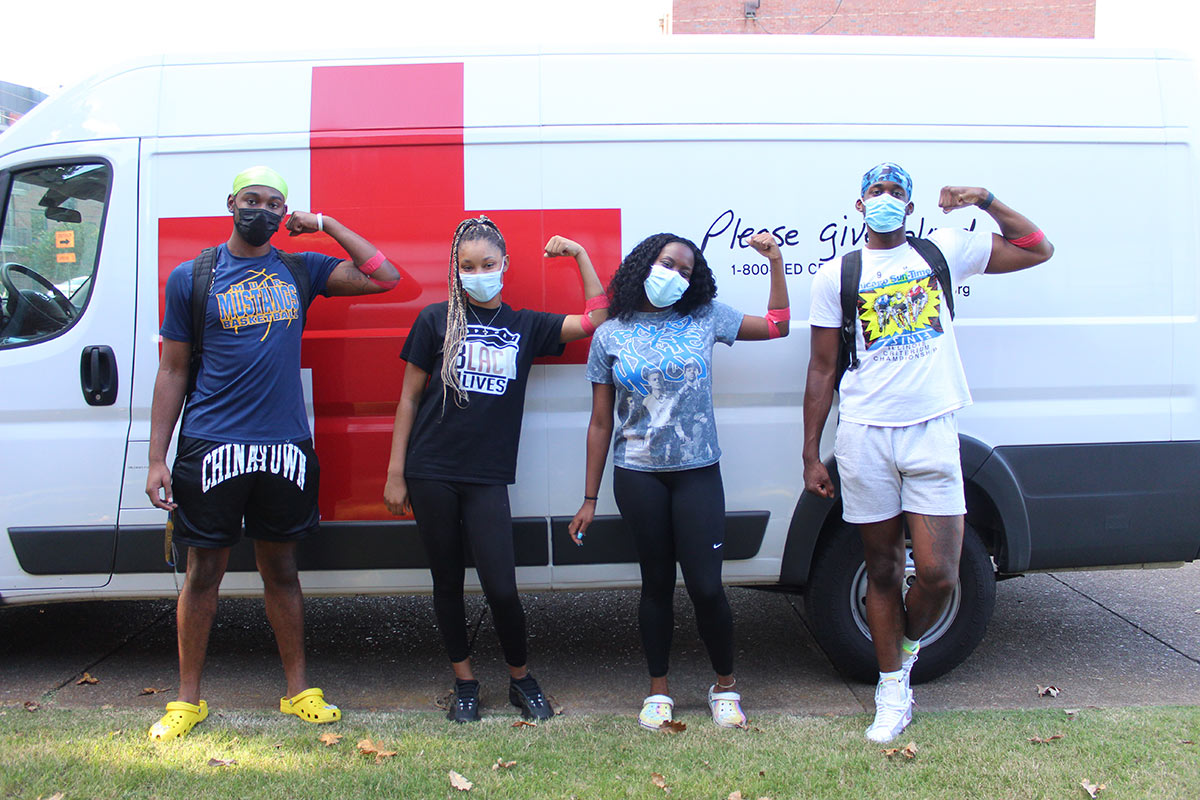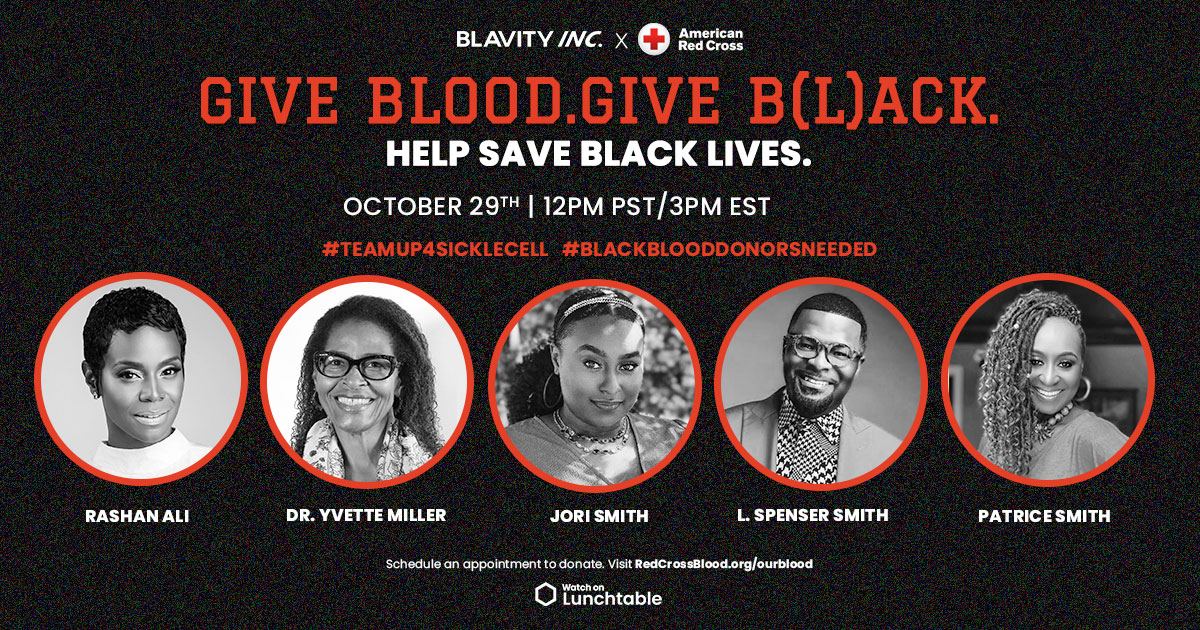The American Red Cross celebrates the positive impact students and alumni of Historically Black Colleges and Universities (HBCUs) make in helping ensure a diverse blood supply to support patients battling sickle cell disease.
The most common genetic blood disease in the U.S., sickle cell disease primarily affects individuals who are Black and African American. That’s why the Red Cross through its sickle cell initiative seeks to help address this health disparity by increasing much-needed blood donations and blood drive opportunities within the Black community through partnerships with organizations and HBCUs.
For more than 100 years, HBCUs have been rooted in community and service to others. Blood drives hosted by HBCUs help to ensure students, alumni and community members have a place to give, while also helping to meet the transfusion needs of more than 100,000 patients with sickle cell.
Blood drives at HBCUs, like one recently held at Fisk University, reflect the critical role diverse blood donors help play in the care of those with sickle cell who rely on regular transfusions to help prevent pain and additional complications related to the disease. Fisk University, which teamed up with Tennessee State University and Meharry Medical College for its fall blood drive, exceeded its goal of 30 donations, collecting 41 lifesaving blood donations for patients in need.
"In times like this, it is vital that we are all doing everything we can to support one another, and I am so proud of how the Fisk community stepped up to host a Red Cross blood drive and created such a successful event,” said Dr. Vann R. Newkirk Sr., president of Fisk University.
Our blood saves lives
Jori Smith, a graduate of Spelman College and co-founder of the Sick of It Foundation, an advocacy organization supporting those in the fight against sickle cell, was diagnosed at two weeks old with sickle cell disease.
At the age of seven, she experienced her first pain crisis, and at 13 years old, she received her first blood transfusion after being hospitalized due to a severe pain crisis and acute chest syndrome.
“It [blood transfusion] was the key element to turning my prognosis around for the better,” said Jori. “I've experienced countless pain crises and challenges with my respiratory and immune systems, kidneys, and eyes. I want people to understand how strong sickle cell warriors are. We face so many obstacles in life, yet the strength that we possess to persevere is something special.”
A fourth generation HBCU alum, Jori and her parents, L. Spenser and Patrice Smith, are teaming up with the Red Cross and Blavity to share the impact sickle cell disease, blood donations and HBCUs have had on their family during the upcoming “GIVE BLOOD. GIVE B(L)ACK.” digital event October 29 at 3:00 p.m. ET. The livestream will be hosted by media personality and HBCU graduate Rashan Ali and also feature Red Cross medical director Dr. Yvette Miller.
To learn more about sickle cell disease and the valuable role blood donors who are Black play in treatment, RSVP for the “GIVE BLOOD. GIVE B(L)ACK.” live digital event by visiting here.
To schedule an appointment to give blood or sign up to host an in-person or virtual blood drive to help make a lifesaving impact, visit: RedCrossBlood.org/OurBlood.














